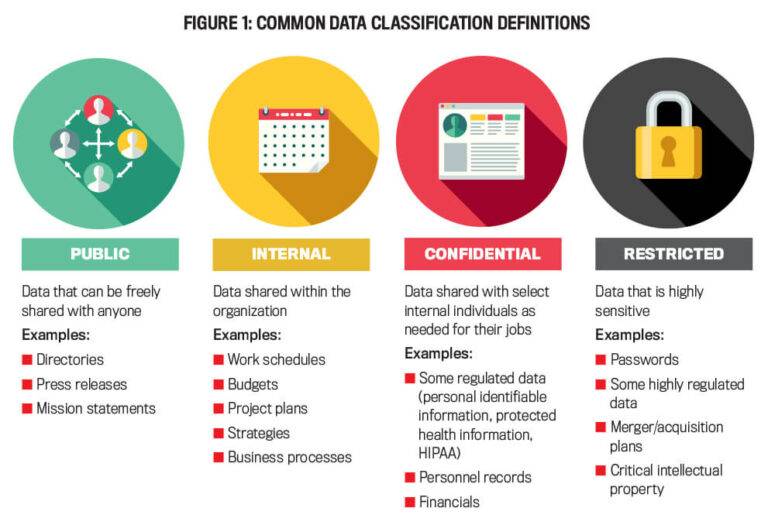Virtual Reality in Education: Transforming Learning Experiences
Cricket Bet 99, Rajveerexch: Virtual reality has revolutionized the traditional education system by offering immersive and interactive learning experiences. Students are no longer confined to textbooks and lectures but can explore virtual environments that bring learning to life. This technology enables learners to engage with educational content in a way that fosters curiosity and deeper understanding of complex concepts.
Moreover, virtual reality enhances students’ retention of information by allowing them to visualize abstract ideas and theories in a concrete manner. By experiencing simulations and scenarios in a virtual setting, learners can connect theoretical knowledge with real-world applications, leading to better comprehension and long-term memory retention. This innovative approach to education not only increases student engagement but also cultivates critical thinking skills and problem-solving abilities essential for success in the modern world.
Enhancing Student Engagement through Virtual Reality
Virtual reality (VR) is revolutionizing the way students engage with educational content. By immersing students in virtual environments, VR technology captivates their attention and stimulates active participation in learning activities. Traditional teaching methods often struggle to maintain student interest, but VR offers an interactive and dynamic approach that keeps learners engaged throughout the educational experience. As students explore virtual simulations and interactive scenarios, they are encouraged to actively participate in the learning process, fostering a deeper understanding of complex concepts.
Moreover, VR provides a multi-sensory learning experience that enhances student engagement by appealing to different learning styles. Visual, auditory, and kinesthetic learners all benefit from the immersive nature of VR technology, as it allows students to see, hear, and interact with educational content in a way that traditional methods cannot replicate. By catering to diverse learning preferences, VR creates a more inclusive and engaging learning environment where students can actively participate and interact with the material, leading to improved retention and understanding of key concepts.
Improving Retention and Understanding of Concepts with Virtual Reality
Virtual reality has revolutionized the educational landscape by offering an immersive learning experience that significantly enhances students’ retention and understanding of complex concepts. By simulating realistic scenarios and environments, virtual reality allows students to engage with material in a way that traditional methods cannot replicate. This hands-on approach enables learners to visualize abstract concepts, leading to a deeper level of comprehension and knowledge retention.
Moreover, the interactive nature of virtual reality experiences sparks students’ curiosity and motivation, fostering a more active and engaged learning process. By actively participating in virtual simulations and activities, students become more invested in their education, thus improving their overall understanding and retention of key concepts. This innovative technology not only transforms the way students learn but also empowers them to explore and experiment in a safe and controlled virtual environment, propelling their academic growth and success.
How can virtual reality benefit education?
Virtual reality can benefit education by providing immersive and interactive experiences that help students better understand complex concepts, improve retention of information, and increase engagement in the learning process.
How does virtual reality enhance student engagement?
Virtual reality enhances student engagement by making learning more interactive and fun. Students are more likely to be actively involved in the learning process when using virtual reality, leading to increased motivation and interest in the subject matter.
Can virtual reality help improve retention and understanding of concepts?
Yes, virtual reality can help improve retention and understanding of concepts by providing students with hands-on experiences that make learning more memorable. When students can visualize and interact with concepts in a virtual environment, they are more likely to retain the information and have a deeper understanding of the material.







